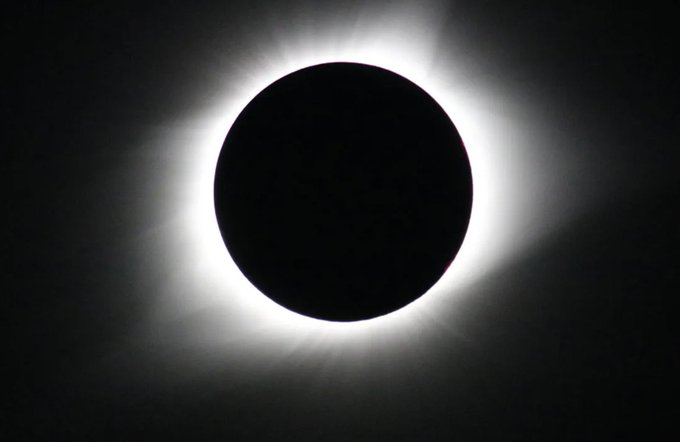
On Eclipse Day, Rutgers University highlighted the work of Lujendra Ojha, a professor of planetary sciences at the Rutgers–New Brunswick School of Arts and Sciences.
Ojha studies how planets evolve and how it affects their potential to develop the components necessary for sustaining life.
He joined the Rutgers faculty in 2019 after earning a doctorate in planetary science from the Georgia Institute of Technology and his bachelor’s in geophysics from the University of Arizona.
As an undergraduate, Ojha discovered that briny water flows on Mars, a critical step toward identifying possible life on Mars.
In a recent interview with Rutgers University, Ojha explained solar eclipses, their significance, and what to expect on April 8.
During a solar eclipse, the moon passes between the sun and Earth, blocking the face of the sun.
This happens because of the alignment of the stars, where the Earth is moving around the sun, and the moon is moving around the Earth.
The sunlight diminishes significantly during an eclipse, making it appear dark in the middle of the day.
NASA has revealed that after the total solar eclipse on April 8, 2024, the next total solar eclipse that can be seen from the contiguous United States will be on Aug. 23, 2044.
The U.S. Army Corps of Engineers has been tasked with…
Brown and Caldwell, a leading environmental engineering and construction firm,…
Humboldt State University, one of four campuses within the California…